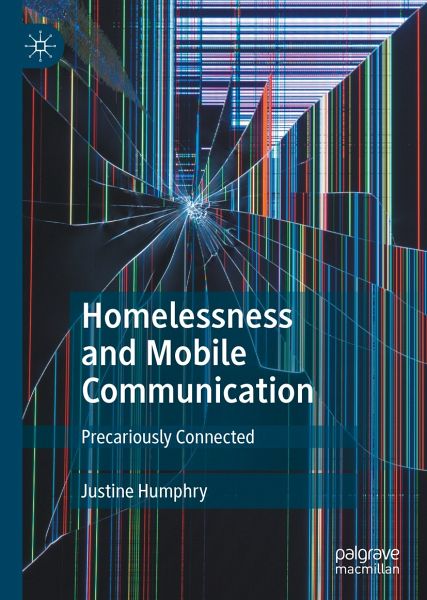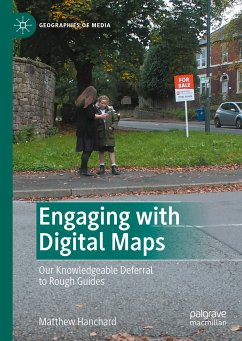
Homelessness and Mobile Communication (eBook, PDF)
Precariously Connected
Versandkostenfrei!
Sofort per Download lieferbar
56,95 €
inkl. MwSt.
Weitere Ausgaben:

PAYBACK Punkte
28 °P sammeln!
This book examines how mobile phones and the internet have become a vital part of the everyday lives of people experiencing homelessness. But the access mobile phones provide is costly, insecure and limited, producing an experience of being precariously connected. Drawing on findings of research conducted with over one hundred young people, families and adults experiencing homelessness in Australia and the United States, this book analyses homelessness as a mediated condition and explores the underpinning processes that shape digital disparities. It contributes to scholarship on mobile communi...
This book examines how mobile phones and the internet have become a vital part of the everyday lives of people experiencing homelessness. But the access mobile phones provide is costly, insecure and limited, producing an experience of being precariously connected. Drawing on findings of research conducted with over one hundred young people, families and adults experiencing homelessness in Australia and the United States, this book analyses homelessness as a mediated condition and explores the underpinning processes that shape digital disparities. It contributes to scholarship on mobile communication and inequality, highlighting the digital patterns, issues and difficulties of a group disproportionately affected by service reform and developments in digital citizenship, smart cities and algorithmic governance.
Dieser Download kann aus rechtlichen Gründen nur mit Rechnungsadresse in A, B, BG, CY, CZ, D, DK, EW, E, FIN, F, GR, HR, H, IRL, I, LT, L, LR, M, NL, PL, P, R, S, SLO, SK ausgeliefert werden.












